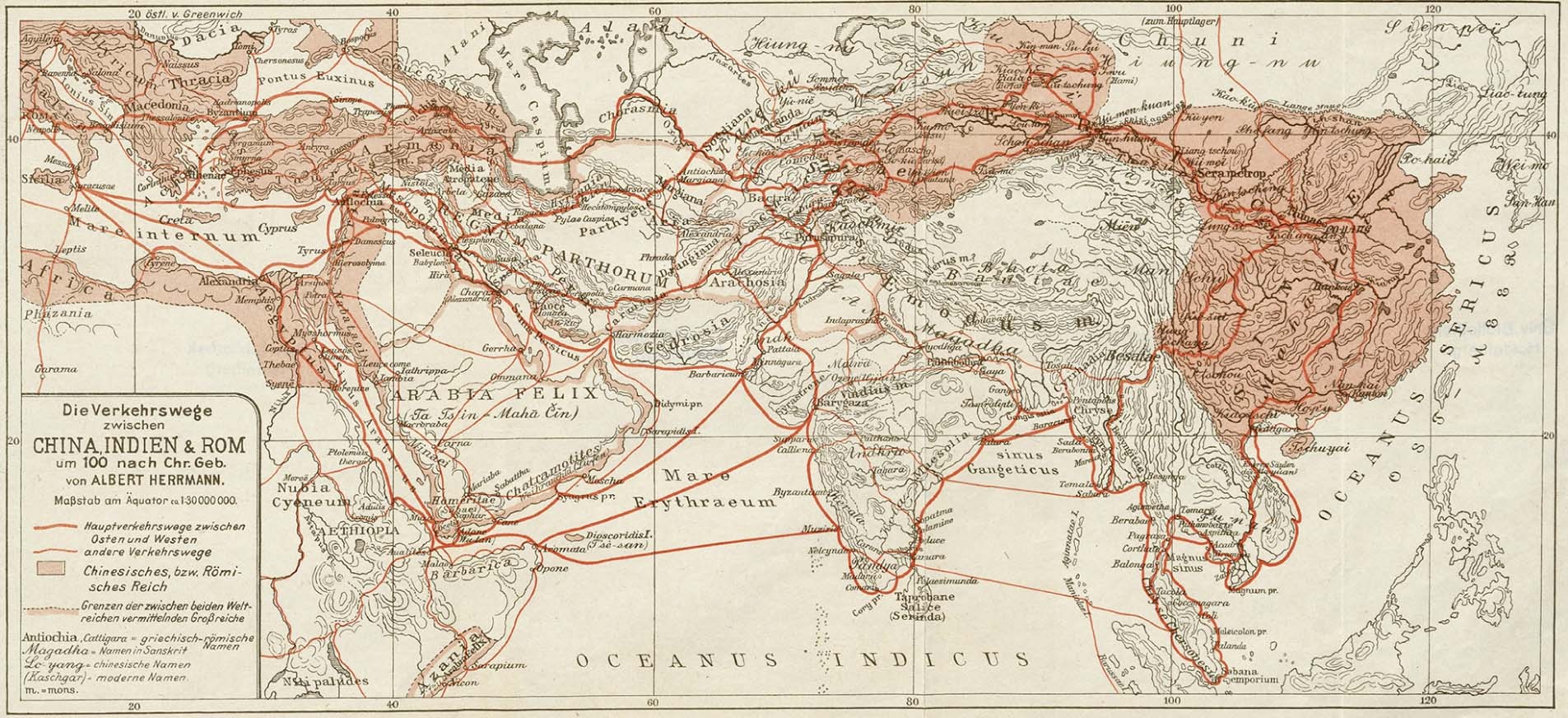CONTACT US
Email: shanghai.cga@nyu.edu
Phone Number: +86 (21) 20595043
WeChat: NYUShanghaiCGA
Address:
Room W822, 567 West Yangsi Road,
Pudong New Area, Shanghai, China

© 2024 All Rights Reserved

Patterns of Major Socio-Economic Risk and Risk Projection in the Indian Ocean World
The Indian Ocean world is a macro-region heavily influenced by natural disasters and climate change. Other environmental factors such as the monsoon system have shaped the region’s trading patterns and sailing routes. Due to strong commercial and cultural ties with Southeast and East Asia, the Indian Ocean world not only consists of the regions directly bordering the ocean, but also includes the East Asian Mediterranean.
To study the relationship between humans and the environment in the context of risks and climate change, the Social Sciences and Humanities Research Council of Canada (SSHRC) has awarded a seven-year partnership grant for the project “Appraising Risks: Patterns of Major Socio-Economic Risk and Risk Projection in the Indian Ocean World” (in short, “Appraising Risks”) to the IOWC. The Center for Global Asia is a partner institution in this project. The project is led by Professor Gwyn Campbell of McGill University and involves a multi-disciplinary approach including historians, anthropologists, geographers, social scientists, and archaeologists organized in eight teams. “Appraising risks” continues the previous research pro- ject, the Major Collaborative Research Initiative “The Indian Ocean World (IOW): The Making of the First Global Economy in the Context of Human-Environment Interaction.”
Fernand Braudel’s (1902–1985) suggestion that the natural sciences and social sciences be combined serves as the theoretical framework of the project. By focusing on six core periods between the sixth century CE and today, the project aims to study patterns in dealing with risks and the relationship between environmental crises (e.g. climate change, volcanism, monsoons, cyclones, drought) and human crises (e.g. famine, disease, conflict, migration). The project will determine the major environmental events that occurred in each of the six periods and discuss their socio-economic and political impacts, not only shortly after each event, but also in a longer perspective.
One team led by Professor Angela Schottenhammer of Salzburg University will research the environmental circumstances of the eastern part of the Indian Ocean world, including Southeast and East Asia. Professor Tansen Sen and Dr Elke Papelitzky (NYU Shanghai) will also take part in the team. Other collaborators are Dr Mathieu Torck and Wim De Winter (both Ghent University), Dr Ma Guang (Shandong University), Dr Kimura Jun (Tokai University), Xu Zhexin (Salzburg University), Dr Li Man (Vasco Da Gama European Institute of Diplomacy and International Relations), and Dr Alexander Jost (European Centre for Chinese Studies, Peking University, and Salzburg University).
Schottenhammer’s team focuses on the history of the medieval and early modern periods using a variety of sources, ranging from written sources such as local gazetteers, tomb inscriptions, and maps, to archaeological excavations of shipwrecks. The topics include the influence of environmental disasters on local societies, shipboard diseases, sailing routes, and the dangers of sailing.
The Indian Ocean World Centre (IOWC) at McGill University is a research initiative and resource base established to promote the study of the history, economy, and cultures of the lands and peoples of the Indian Ocean world (IOW) from China to Southeast and South Asia, the Middle East, and Africa. Professor Gwyn Campbell is the director of the Indian Ocean World Centre. He also holds a Canada Research Chair in Indian Ocean World History at McGill University.
“The Indian Ocean World (IOW): The Making of the First Global Economy in the Context of Human-Environment Interaction” is an eight-year project (2010–2017) investigating the rise and development of the world’s first “global economy” in the context of human-environment interaction from early times to the present day. The region under study is the Indian Ocean world (IOW), an arena of primary geo-political importance that includes East Africa, the Middle East, Southeast Asia and the emerging superpowers China and India. Human-environment interaction is a central theme of the prjoject. Rejecting environmental determinism, the project highlights the impact upon human life not only of natural factors such as the monsoons, the El Niño-Southern Oscillation (ENSO), cyclones and volcanic eruptions, but also of human agency in responding to and reshaping the IOW environment and economy.
Email: shanghai.cga@nyu.edu
Phone Number: +86 (21) 20595043
WeChat: NYUShanghaiCGA
Address:
Room W822, 567 West Yangsi Road,
Pudong New Area, Shanghai, China

© 2024 All Rights Reserved